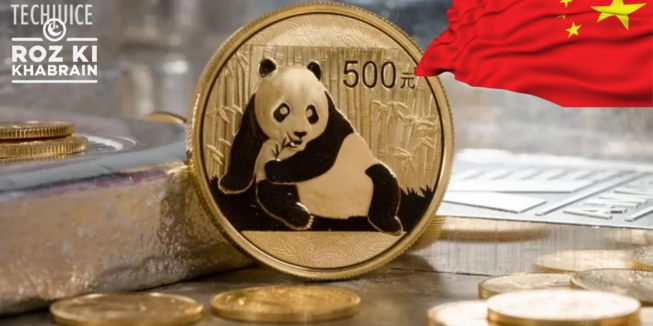Federal Finance Minister Muhammad Aurangzeb has announced the launch of Pakistan’s inaugural Panda Bond in the Chinese financial market, with plans to raise $250 million.
In an interview with Bloomberg, the finance minister revealed that the funds are expected to be secured within six to nine months.
The Panda Bond, a debt instrument denominated in renminbi, is part of the government’s broader strategy to stabilize the economy and meet international financial obligations. “This initiative reflects our focus on sustainable economic growth and strengthening the economy’s foundation,” stated the minister.
IMF Delegation Visit
Aurangzeb also announced that a delegation from the International Monetary Fund (IMF) will visit Pakistan next month. He expressed optimism about fulfilling the conditions of the IMF bailout package, particularly the goal of increasing the tax-to-GDP ratio from 10% to 10.3%.
“The IMF wants Pakistan to broaden its tax base, and we are committed to achieving this target,” he said, stressing that meeting this benchmark will improve the country’s financial sustainability.
The minister also highlighted the stabilization of Pakistan’s economy compared to the past two years. He projected an economic growth rate of 3.5% for the current fiscal year, attributing this recovery to effective fiscal policies.
International credit rating agencies have already upgraded Pakistan’s economic rating, and the government aims to achieve a single B category rating in the near future. “An improved credit rating will enhance our ability to secure funds from the international bond market,” he explained.
Focus on Export-Led Growth
Aurangzeb further emphasized the need to reshape the country’s economic structure by prioritizing export-led growth. “We aim to build a sustainable economy driven by exports, which is vital for long-term prosperity,” he said.
“This is a pivotal moment for Pakistan’s economy. We are determined to meet our financial targets and build a stronger, more resilient economy,” concluded Finance Minister Muhammad Aurangzeb.




